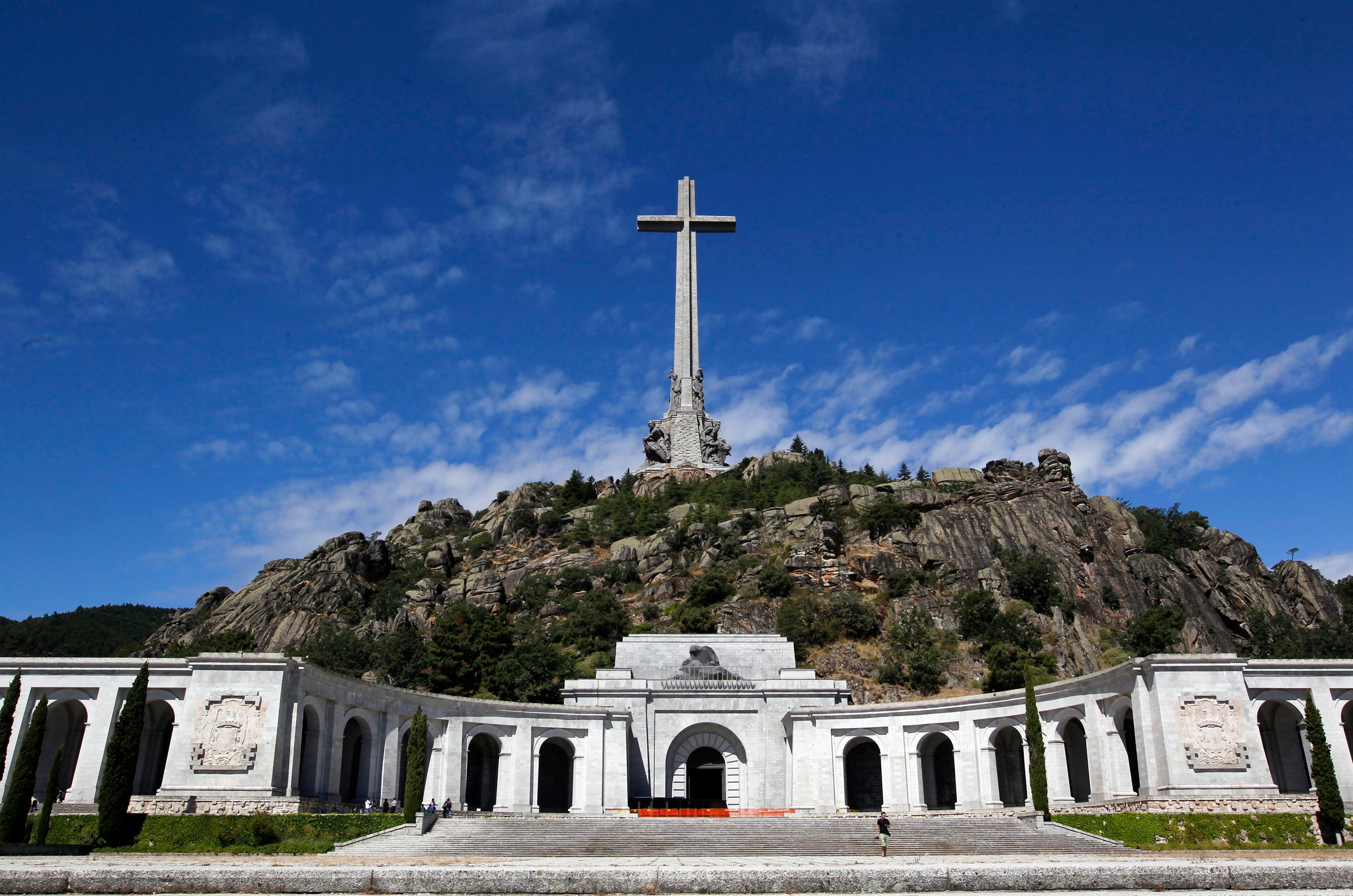July 10, 2018
People can’t always choose where they die, but where they lie afterwards can have huge political significance across borders and generations.
First, to North Korea, where the United States has long pressed Pyongyang to return the bodies of American service members killed in the Korean War. The issue is at the center of Trump’s overtures to North Korea – after the Singapore summit he announced that the remains of hundreds of US soldiers were to be returned as a gesture of North Korean goodwill. But after a rocky follow-up meeting in Pyongyang last weekend, US Secretary of State Mike Pompeo said more talks were needed to hash out the details. If the dead can’t be returned, the living will surely have a much harder time negotiating any tenable nuclear deal.
Next, to Israel, where the government still wants to find the body of Eli Cohen, perhaps the most famous spy in the country’s history. As an Arab Jew who impersonated a playboy Syrian businessman in Damascus in the 1960s, Cohen was an invaluable asset to Israeli intelligence. In 1965, his cover blown, the Syrians publicly hanged him in Damascus, but his work helped Israel to avoid defeat in the Six-Day War two years later. Last week, it emerged that Mossad had spirited Cohen's watch out of Syria earlier this year, but his body remains (somewhere) there. Here’s a thought: if Bashar al-Assad wants some accommodation with Israel as part of a settlement to the waning Syrian civil war, returning Cohen’s body could be low-cost goodwill gesture. One catch: the body has been moved so many times that apparently not even Syrian intelligence is sure where it is.
Lastly, to Spain where the country’s new socialist government has stoked controversy by reviving a proposal to move the body of former dictator Francisco Franco from an elaborate cliffside shrine outside of Madrid (pictured above) to a more modest location. Franco, who ruled Spain with an iron fist for some forty years until his death in 1975, remains a divisive figure in the country. Many conservative Spaniards feel nostalgia for his strongly centralized, Spanish nationalist rule, and about 35 percent of those polled say they oppose the plan to move his bones. Just under half of Spaniards, meanwhile, said it should happen. The stigma of Franco’s regime – the last of Southern Europe’s right-wing dictatorships to fall – has made it harder for far-right parties to take root in Spain than elsewhere. But with Spain now facing a surge of migrants – a challenge that has stoked right-wing groups elsewhere in Europe – could efforts by the government to suppress Franco’s memory backfire?
More For You
- YouTube
Is Venezuela entering a real transition or just a more volatile phase of strongman politics? In GZERO’s 2026 Top Risks livestream, Risa Grais-Targow, Director for Latin America at Eurasia Group, examines Delcy Rodríguez’s role as Venezuela's interim president after Nicolás Maduro.
Most Popular
It’s been just over 48 hours since US forces conducted a military operation in Caracas and seized Venezuelan strongman Nicolás Maduro, and the future governance of the country – and the US role in it – remains murky.
© 2025 GZERO Media. All Rights Reserved | A Eurasia Group media company.
